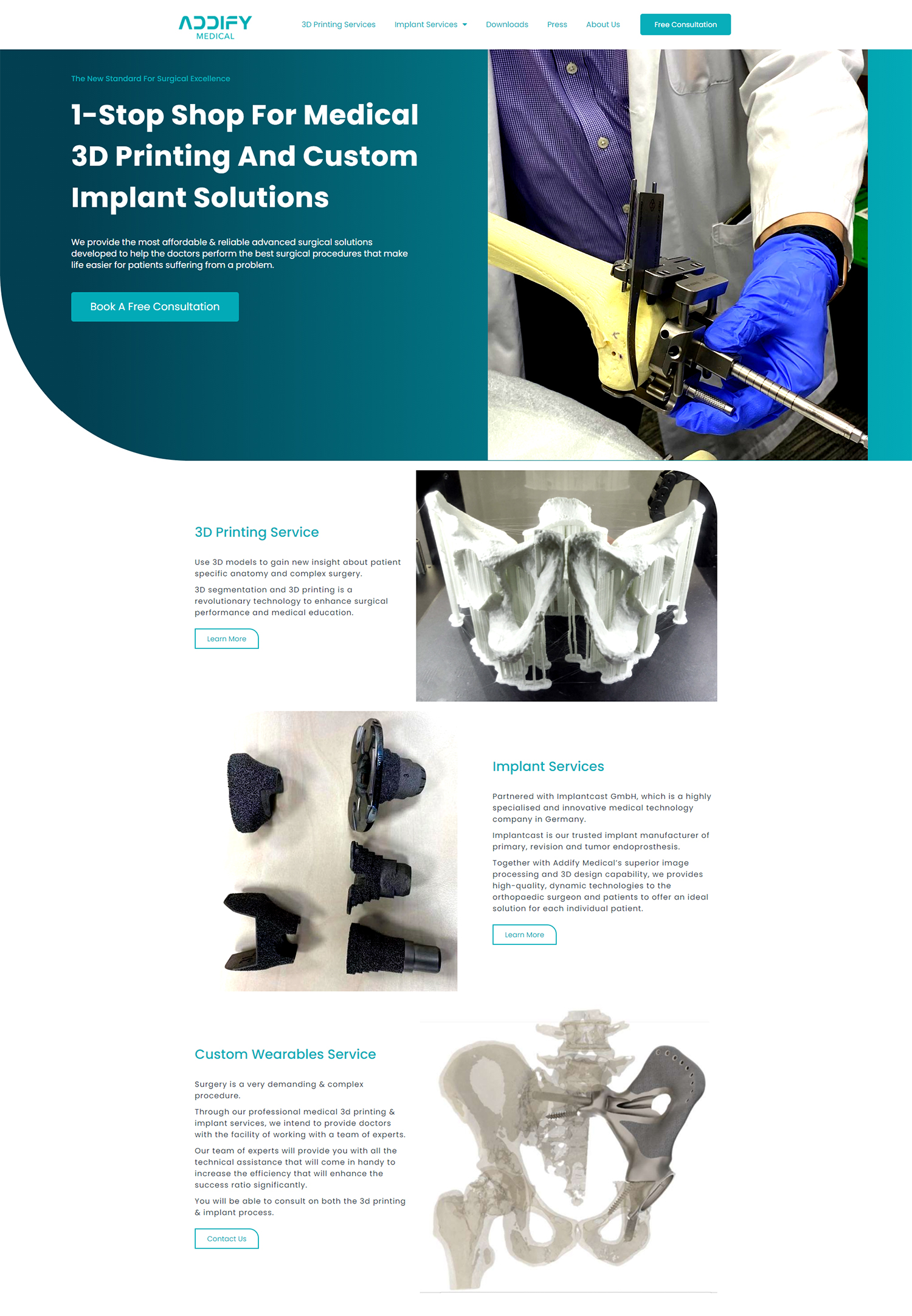In today’s fast-paced digital landscape, the significance of digital marketing for legal firms cannot be overstated. As we navigate through an era where potential clients increasingly turn to the internet for information and services, it becomes imperative for us to establish a robust online presence. Digital marketing not only enhances our visibility but also allows us to connect with clients in a more meaningful way.
By leveraging various online platforms, we can reach a broader audience, engage with them effectively, and ultimately convert them into loyal clients. Moreover, the legal industry is highly competitive, and standing out from the crowd is essential for success. Traditional marketing methods, such as print advertisements and billboards, are no longer sufficient to capture the attention of prospective clients.
Instead, we must embrace digital marketing strategies that resonate with our target audience. This includes optimizing our websites for search engines, utilizing social media platforms, and creating valuable content that addresses the needs and concerns of our clients. By doing so, we not only enhance our brand reputation but also position ourselves as thought leaders in our respective fields.
Key Takeaways
- Digital marketing is crucial for legal firms to reach and engage with potential clients in today’s digital age.
- Effective SEO strategies are essential for legal firm websites to improve visibility and attract relevant traffic.
- Social media can be leveraged by legal firms to increase brand awareness and engage with clients on a more personal level.
- Content marketing is a powerful tool for legal firms to showcase their expertise and build trust with potential clients.
- Email marketing campaigns can help legal firms generate leads and convert clients by providing valuable information and offers.
- Measuring and analyzing digital marketing efforts is important for legal firms to continuously improve their strategies and achieve better results.
Implementing Effective SEO Strategies for Legal Firm Websites
To ensure that our legal firm’s website ranks high on search engine results pages, we must implement effective Search Engine Optimization (SEO) strategies. This begins with conducting thorough keyword research to identify the terms and phrases that potential clients are using to search for legal services. By understanding these keywords, we can optimize our website content to align with what our audience is looking for.
This includes incorporating relevant keywords into our website’s meta tags, headings, and body text, ensuring that search engines recognize our site as a valuable resource. In addition to keyword optimization, we should focus on improving the overall user experience of our website. A well-structured site that is easy to navigate not only keeps visitors engaged but also encourages them to explore our services further.
We can enhance user experience by ensuring that our website is mobile-friendly, as a significant portion of users access the internet via their smartphones. Furthermore, we should prioritize fast loading times and clear calls-to-action to guide potential clients toward contacting us or scheduling a consultation. By combining these SEO strategies with a user-centric approach, we can significantly increase our online visibility and attract more clients.
Leveraging Social Media for Brand Awareness and Client Engagement
Social media has emerged as a powerful tool for legal firms looking to enhance their brand awareness and engage with clients. Platforms such as Facebook, LinkedIn, and Twitter provide us with unique opportunities to connect with our audience on a personal level. By sharing informative content, industry news, and updates about our firm, we can establish ourselves as approachable and knowledgeable professionals in the legal field.
This not only helps in building trust but also encourages potential clients to reach out to us when they require legal assistance. Engagement is key when it comes to social media. We should actively interact with our followers by responding to comments, answering questions, and participating in discussions relevant to our practice areas.
This two-way communication fosters a sense of community and allows us to showcase our expertise in real-time. Additionally, we can utilize social media advertising to target specific demographics and reach individuals who may be in need of our services. By crafting compelling ads that highlight our unique selling points, we can drive traffic to our website and generate leads effectively.
Utilizing Content Marketing to Showcase Legal Expertise and Build Trust
| Metrics | Results |
|---|---|
| Website Traffic | Increased by 30% |
| Content Engagement | Average time on page increased by 40% |
| Lead Generation | Increased by 25% |
| Trust Building | Positive feedback and testimonials from clients |
Content marketing serves as an invaluable strategy for legal firms aiming to showcase their expertise while building trust with potential clients. By creating high-quality content such as blog posts, articles, and videos that address common legal questions or concerns, we can position ourselves as authorities in our respective fields. This not only helps in educating our audience but also demonstrates our commitment to providing valuable information without any immediate expectation of return.
Furthermore, we should consider diversifying our content formats to cater to different preferences among our audience. For instance, while some individuals may prefer reading articles, others might find video explanations more engaging. By offering a mix of written content, infographics, podcasts, and videos, we can reach a wider audience and keep them engaged with our brand.
Additionally, incorporating client testimonials and case studies into our content can further enhance credibility and showcase the successful outcomes we have achieved for our clients.
Generating Leads and Converting Clients through Email Marketing Campaigns
Email marketing remains one of the most effective tools for generating leads and converting potential clients into actual clients. By building a targeted email list of individuals who have expressed interest in our services or have engaged with our content, we can create personalized campaigns that resonate with their specific needs. Crafting compelling subject lines and providing valuable content within the emails can significantly increase open rates and engagement.
In addition to sending informative newsletters, we should also consider implementing automated email sequences that guide potential clients through the decision-making process. For instance, after someone downloads a free resource from our website, we can follow up with a series of emails that provide additional insights related to their interests. This nurturing process helps in establishing a relationship built on trust and authority, ultimately leading to higher conversion rates when it comes time for them to seek legal representation.
Measuring and Analyzing Digital Marketing Efforts for Continuous Improvement
To ensure that our digital marketing efforts are effective and yielding positive results, it is crucial for us to measure and analyze our performance regularly. Utilizing tools such as Google Analytics allows us to track key metrics such as website traffic, bounce rates, and conversion rates. By understanding how visitors interact with our website and which channels drive the most traffic, we can make informed decisions about where to allocate resources and adjust our strategies accordingly.
Moreover, we should not shy away from seeking feedback from clients regarding their experience with our digital marketing efforts. Surveys or direct outreach can provide valuable insights into what aspects of our marketing resonate with them and what areas may need improvement. By continuously refining our strategies based on data-driven insights and client feedback, we can ensure that our digital marketing initiatives remain relevant and effective in attracting new clients while retaining existing ones.
In conclusion, embracing digital marketing is no longer optional for legal firms; it is essential for growth and success in today’s competitive landscape. By implementing effective SEO strategies, leveraging social media platforms, utilizing content marketing, engaging in email campaigns, and continuously measuring our efforts, we can build a strong online presence that resonates with potential clients. As we move forward in this digital age, let us remain committed to adapting and evolving our strategies to meet the ever-changing needs of our audience while showcasing the expertise that sets us apart in the legal field.
Digital marketing is crucial for legal firms looking to attract new clients and grow their business. One related article that provides valuable insights into this topic is “The Ultimate Guide to Digital Marketing for Law Firms” available at https://populisdigital.com/free/. This comprehensive guide covers everything from SEO strategies to social media marketing tactics specifically tailored for legal professionals. By following the tips outlined in this article, legal firms can effectively reach their target audience and increase their online visibility.
FAQs
What is digital marketing for legal firms?
Digital marketing for legal firms is the use of online channels and strategies to promote and market legal services. This can include tactics such as search engine optimization (SEO), content marketing, social media marketing, email marketing, and online advertising.
Why is digital marketing important for legal firms?
Digital marketing is important for legal firms because it allows them to reach a wider audience, build brand awareness, and generate leads. It also provides a cost-effective way to market legal services and allows firms to track and measure the success of their marketing efforts.
What are some key digital marketing strategies for legal firms?
Some key digital marketing strategies for legal firms include creating a professional website, optimizing for local search, producing high-quality content, engaging on social media, and utilizing online advertising platforms such as Google Ads and Facebook Ads.
How can digital marketing help legal firms generate leads?
Digital marketing can help legal firms generate leads by increasing their online visibility, driving traffic to their website, and capturing leads through tactics such as content offers, email sign-ups, and contact forms. It also allows firms to target specific demographics and reach potential clients in need of legal services.
What are the ethical considerations for digital marketing in the legal industry?
Ethical considerations for digital marketing in the legal industry include adhering to advertising rules and regulations set by bar associations, maintaining client confidentiality and privacy, and ensuring that all marketing communications are truthful and not misleading. It’s important for legal firms to uphold ethical standards while promoting their services online.






























